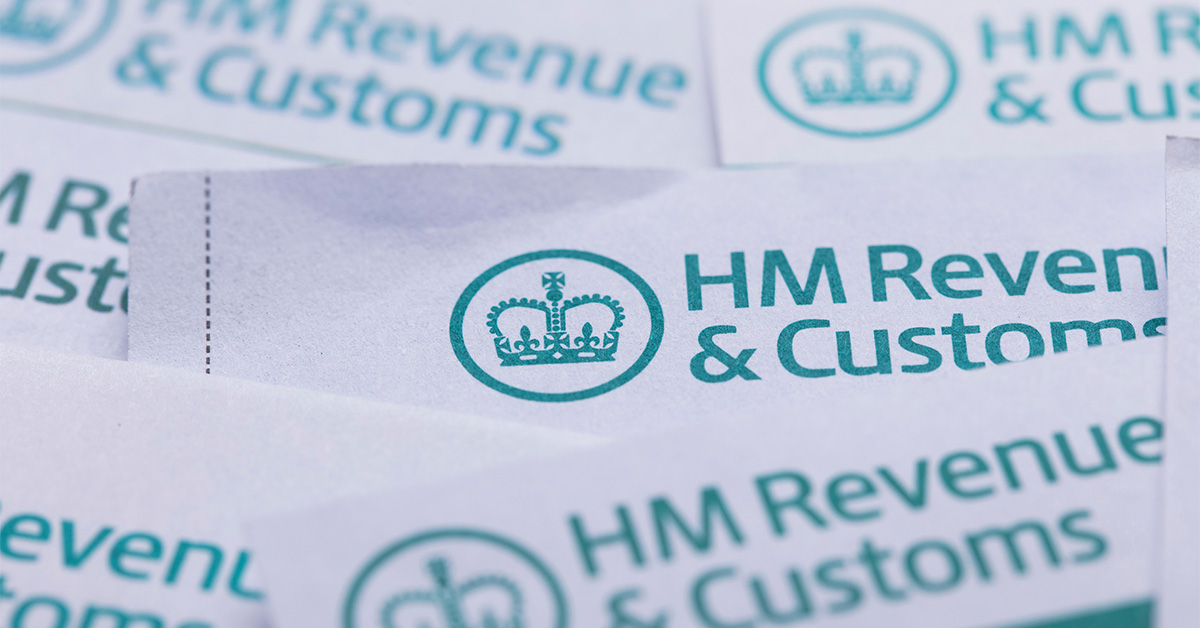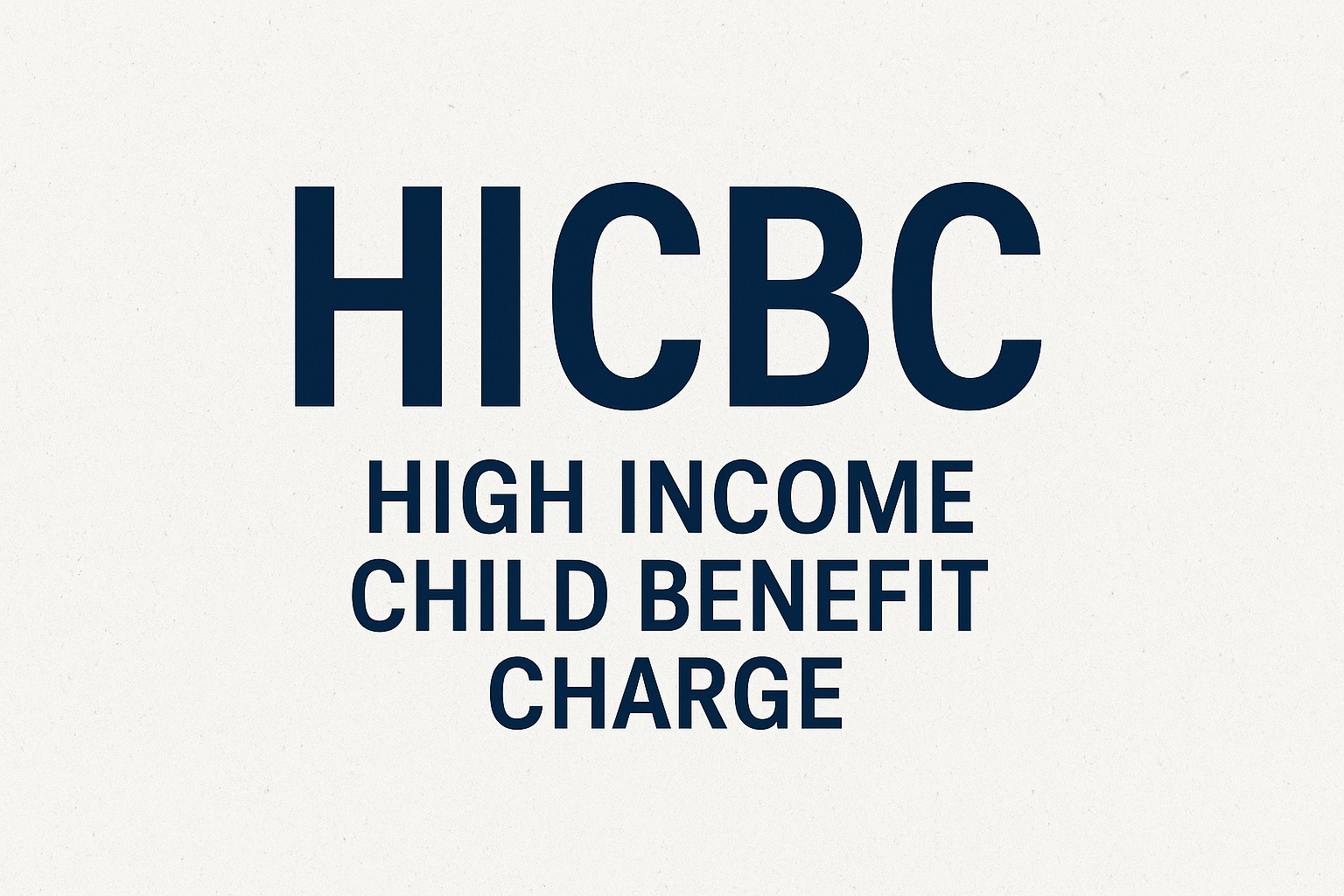Latest from our articles

October 21, 2025
Self Assessment. Flat £125. No Surprises.
Join UsCall UsOctober 21, 2025

The High Income Child Benefit Charge (HICBC) continues to raise questions for taxpayers whose personal circumstances don’t neatly align with the legislation. One common scenario involves separated couples where one party claims child benefit, but the other — with income over £50,000 — is unsure whether the charge applies to them.
This article explores the conditions under which the HICBC applies, with a focus on separated individuals and the definition of “partner” under the legislation.
The HICBC is an income tax charge imposed on individuals whose adjusted net income exceeds £50,000, and where either they or their partner are entitled to child benefit. The charge is tapered between £50,000 and £60,000, and fully clawed back once income reaches £60,000.
Adjusted net income is calculated as:
If these deductions bring the individual’s adjusted net income below £50,000, the HICBC does not apply.
The legislation sets out two alternative conditions — A and B — either of which can trigger the charge.
This applies where:
Both elements must be satisfied for Condition A to apply.
This applies where:
Only one of these conditions needs to be met for the HICBC to apply.
The definition of “partner” is critical in determining whether the HICBC applies. Under ITEPA 2003, s. 681G, a person is considered a partner if:
If the separation is likely to be permanent, the former spouse or civil partner is not considered a partner for HICBC purposes.
Let’s consider a client with adjusted net income over £50,000 who is separated from her husband. The husband continues to claim child benefit, but the client does not receive or benefit from it.
To determine whether the HICBC applies:
If the separation is permanent — and they are no longer living together — the husband does not meet the definition of partner. Therefore, the client does not meet Condition B either.
Where neither Condition A nor Condition B is met, the HICBC does not apply — even if the client’s income exceeds £50,000. The key factors are entitlement to child benefit and the definition of “partner” during the relevant weeks of the tax year.
This highlights the importance of reviewing personal circumstances carefully and applying the statutory definitions precisely. For separated individuals, the HICBC may not be as straightforward as it first appears — and assumptions about fairness or visibility of funds do not override the legislative tests.

October 21, 2025